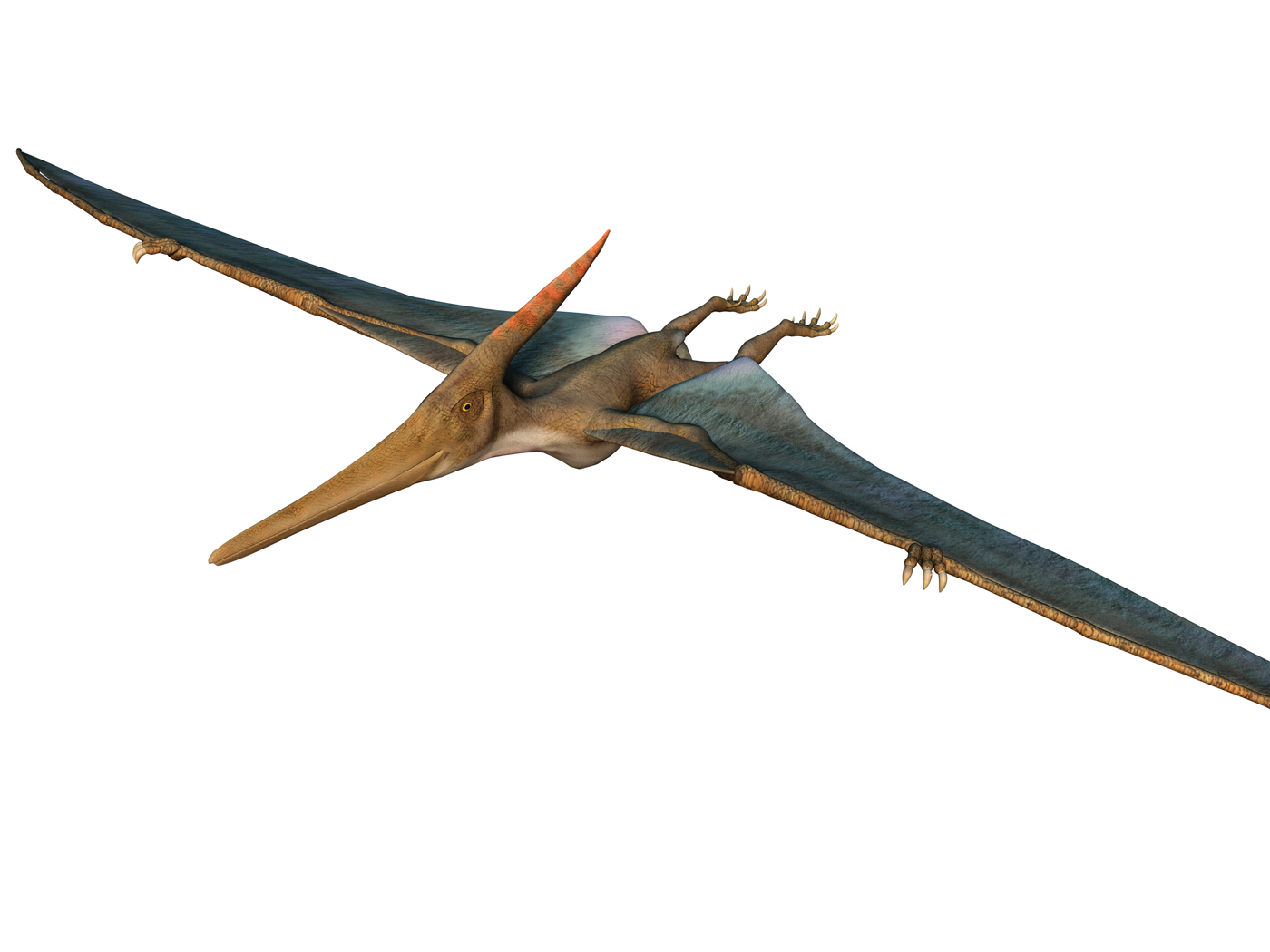There is a strong movement among evangelicals today to emphasize "intelligent design" as the argument of choice against naturalism and Darwinian evolution. The movement is also called "mere creation" or "the wedge movement," the idea being to avoid controversial subjects such as the Biblical doctrine of creation in talking to evolutionists. Any discussion of a young earth, six-day creation, a worldwide flood and other Biblical records of early history will turn off scientists and other professionals, they say, so we should simply use the evidence of intelligent design as a "wedge" to pry them loose from their naturalistic premises. Then, later, we can follow up this opening by presenting the gospel, they hope.
But this approach, even if well-meaning and effectively articulated, will not work! It has often been tried in the past and has failed, and it will fail today. The reason it won't work is because it is not the Biblical method.
The famous book, Natural Theology, written two centuries ago by William Paley, profoundly impressed Charles Darwin with the evidence of design in nature. But it didn't lead him to Christ. Instead, he embarked on a lifelong quest to find an alternative to the Christian God as an explanation of apparent design. This quest led him to the "discovery" of natural selection as that desired alternative, and this concept soon became the worldview of the western world.
There are, indeed, innumerable evidences of "intelligent design" in the world, from the stars in their courses to the insects in the forests. Isaac Asimov, certainly one of the century's outstanding scientists and writers, called the human brain "the most complex and orderly arrangement of matter in the universe."1 But he still remained an atheist.
Sir Julian Huxley, probably the chief architect of neo-Darwinism, once made the following remarkable statement of faith in natural selection, after discussing the complexity of the horse:
One with three million noughts after it is the measure of the unlikeliness of a horse—the odds against it happening at all. No one would bet on anything so improbable happening: and yet it has happened! It has happened, thanks to the working of natural selection. . . .2
An even more remarkable example of faith in the omniscient omnipotence of natural selection appears in the following recent statement:
The genetic code is the product of early natural selection, not simply random, say scientists in Britain. . . . Roughly 1020 genetic codes are possible, but the one nature actually uses was adopted as the standard more than 3.5 billion years ago . . . it is extremely unlikely that such an efficient code arose by chance—natural selection must have played a role.3
Thus natural selection not only "creates" new species, as Darwin thought, but even the very code by which life itself evolved and carries on. Although 100 billion billion different codes were possible choices, natural selection made the one right choice, and it did so before any life existed at all, so the reasoning goes. All hail the power of natural selection!
It is obvious that neither "intelligent design" nor "irreducible complexity" nor any other such euphemism for creation will suffice to separate a thorough-going Darwinian naturalist from his atheistic religion, in favor of God and special creation.
On the other hand, a goodly number of atheists may convert to pantheism through such arguments. The various ethnic religions (Hinduism, etc.) all accommodate design, and so do the modern "New Age" cults and movements. They agree that there must be some kind of cosmic consciousness in nature—call it Mother Nature, perhaps, or Gaia (the Greek goddess of the earth)—that enables the earth and the cosmos to organize themselves into complex systems.
The very fact that the universe is creative, and that the laws have permitted complex structures to emerge and develop to the point of consciousness—in other words, that the universe has organized its own self-awareness—is for me powerful evidence that there is something going on behind it all. The impression of design is overwhelming.4
Design yes—but God, no! Davies is a very eminent astronomer and has received one of the famous Templeton prizes for relating science and religion, but he thinks modern evolutionary cosmology has proved the universe has "no need for an external creator in the traditional sense."5
It should not surprise us that design is not enough, for this is what the Word of God tells us. Probably the two greatest passages on the evidences of intelligent design in nature are Psalm 19:1-6 and Romans 1:19-23—one in the Old Testament, one in the New. Let us, therefore, look briefly at these two passages. First, Psalm 19.
The heavens declare the glory of God; and the firmament sheweth His handiwork. Day unto day uttereth speech, and night unto night sheweth knowledge (vv. 1,2).
Thus the created cosmos continually displays wonderful evidences of the glory and handiwork of God, for everyone in every nation to see and hear, night and day. Yes, but this very testimony becomes an indictment against them when they go on without believing Him.
The heavens do "declare the glory of God," but "all have sinned and come short of the glory of God" (Romans 3:23). The evidence of design may impress the soul, but it will not save the soul! But there is something that will, for it does not fall short at all.
The law of the LORD is perfect, converting the soul: the testimony of the LORD is sure, making wise the simple. The statutes of the LORD are right, rejoicing the heart: the commandment of the LORD is pure, enlightening the eyes. The fear of the LORD is clean, enduring for ever: the judgments of the LORD are true and righteous altogether (Psalm 19:7-9).
We must go to the Scriptures for salvation. The scientific evidence for design and creation and the Creator are vital to present to those who do not know or believe the Bible (note Acts 14:15-17 and 17:22-29), but then they must go to the Scriptures if they would learn about the true God and His work of creation and redemption.
Note also the message built around Romans 1:19-23, also stressing the reality, but the inadequacy, of so-called natural revelation.
For the invisible things of Him from the creation of the world are clearly seen, being understood by the things that are made, even His eternal power and Godhead; so that they are without excuse (v.20).
In many marvelous ways, the fact of God and the nature of God are clearly revealed in His beautiful "poem" of creation (Greek, poiema, "things that are made"). Nevertheless, those who see it, "professing themselves to be wise, (become) fools" (v.22). In the ancient world, they "changed the truth of God [that is, His word, which is truth—John 17:17] into a lie, and worshipped and served the creature [or `creation'] more than the Creator" (v.25). These were the pantheistic evolutionists of old Babylon and Egypt and Greece and Rome.
And the modern New Agers are doing exactly the same thing. They see the wonderful evidences of design all around them, but instead of turning to the true Creator, the Lord Jesus Christ, they worship nature instead, attributing all these marvelous evidences of God's eternal power and Godhead to the creative cosmos. In so doing, they are utterly "without excuse," for the evidence of God is all around them.
They are without excuse, but they are also without salvation! The evidence of intelligent design does not bring them to Christ, but to Mother Nature. Scientific creationism, which incorporates the evidence of design along with the overwhelming evidence against any evolutionary substitute (whether Darwinian atheism or New Age Pantheism) is vitally important, but it must be either followed by or accompanied by a sound presentation of true Biblical creationism if it is to be meaningful and lasting.
We call this body of evidence and doctrine the study of scientific Biblical creationism. But this is still only the foundation, not the complete saving gospel. Jesus Christ must then be presented as not only the eternal Creator, but also as our redeeming Savior, living Lord, and soon-coming King. And that is enough for eternal salvation to all who believe and follow Him.
References
1 Isaac Asimov, "In the Game of Energy and Thermodynamics You Can't Even Break Even," Smithsonian (June 1970), p. 10.
2 Julian Huxley, Evolution in Action (New York: Harper and Row, 1953), p. 46.
3 Jonathan Knight, "Top Translator," New Scientist (vol. 158, April 18, 1998), p. 15.
4 Paul C. Davies, The Cosmic Blueprint (New York: Simon and Schuster, 1988), p. 203.
5 Paul C. Davies, "What Hath COBE Wrought?" Sky and Telescope (January 1993), p. 4.
* Dr. Morris is Founder and President Emeritus of ICR.



















